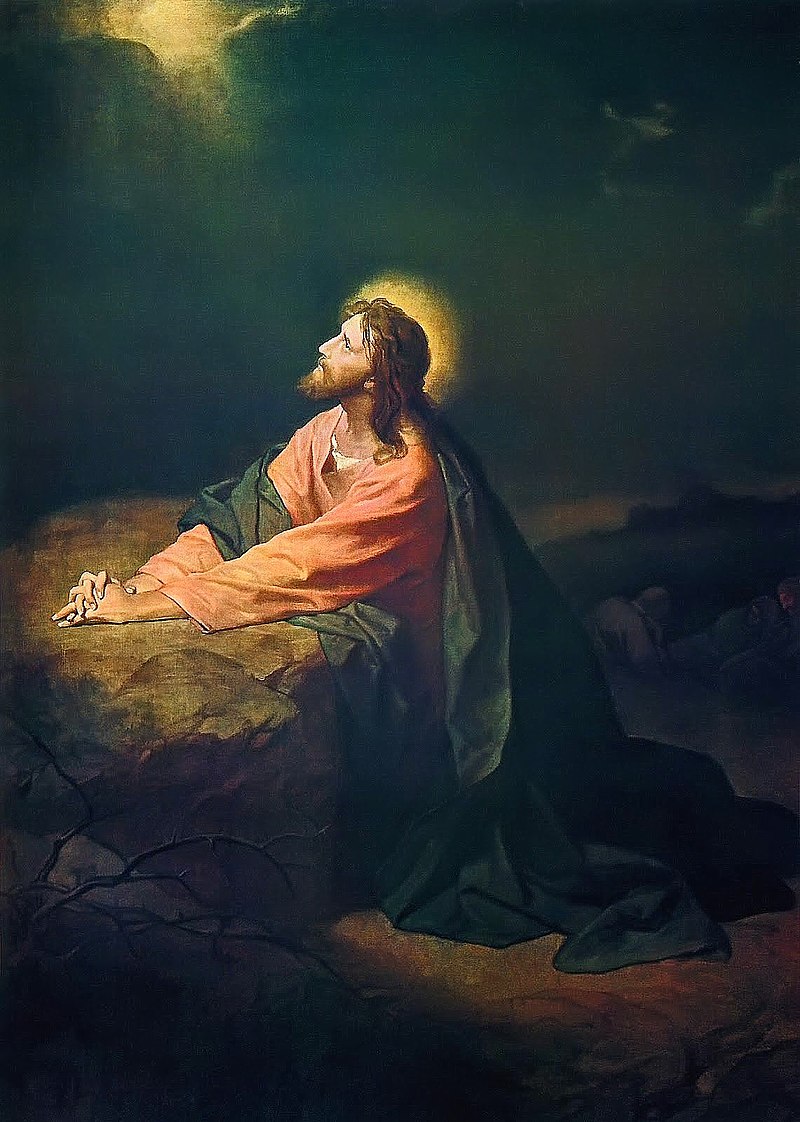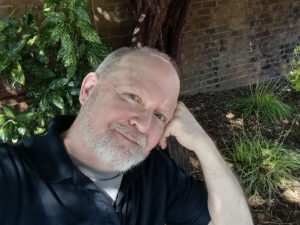Falling is not failure. Our society pushes the idea that what matters is getting up after a fall. This misses the point entirely. Gravity is not an evil; it is a reality. We all fall, literally and figuratively. Any fall can be excruciating; one may in fact be life-changing; but in this, believe it or not, gravity is our friend. Perhaps it is our fear of the inevitable that debilitates us.
Janet Simpson with St. George’s Hospital Medical School and Associate Physiotherapist Halcyon Mandelstam found that of 552 potential fallers in geriatric medicine units, one third were unwilling to discuss the practical aspects of coping with a fall. “Most of those who refused or only reluctantly agreed were not facing up to their risk of falling,” they conclude. And therein is the danger.
I learned to fall as a martial artist. One of the first things I was taught in that long-ago gym in South Korea was how to tumble. The lesson has served me well. I am learning it again with long COVID. But it was my daughter’s death that taught me falling is as unavoidable as gravity. Both can be a grace.
In martial arts, particularly in my discipline, hapkido, I step into my opponent’s circle. Defense and offense require being within reach. I face two important realities: I will be hit; I will fall down. In the actual event, neither may occur, but this knowledge has a pragmatic benefit. I no longer fear my fall. I judge the onrushing ground, bend my body to land on the least vulnerable spot, and roll into a fall when possible.
“Falls knock us off our feet, confusing the sense of our place in the world,” writes Ann Cooper Albright, chair of the Department of Dance at Oberlin College, who frequently publishes on philosophy. Albright sees falling as a connection with gravity that helps us navigate with grace the slips and failures of life, moving from what was to what will be. She suggests that our occasional losses of balance hint at deeper knowledge. “We rarely think about where we are until we have been lost,” she says. “In order to understand what orients us, we need to experience disorientation.”
With long COVID I have days when my legs give out from under me. I use gravity to fall, to bend, to roll. And I lie there. Pausing on the floor, I gain a new perspective. There is no rush to get up. I fell down, that’s all. It’s not the end of the world.
When my daughter Jess died, I felt the floor give way beneath me. Suddenly my legs were unreliable. An outside force seemed to push me to my knees. In sorrow beyond words, my soul cried to God for help. To this day, in the same way that I know I am breathing, or typing these words, I know that he heard me. As with most spiritual experiences, this awareness was palpable yet ineffable. That terrible night I experienced the same loss of balance that I knew in many a sparring session, with one important difference: I am still falling.
Grief is unending. Jess’s absence can never be resolved. No amount of “getting up” will return her to me, not until the moment of my death when I hold her in my arms again. I continue to plummet as I continue to love: ceaselessly, vulnerably, yet with an odd confidence that I need not stick the landing. I can let myself fall.
God and I may never see eye-to-eye on my daughter’s death. Still, for the most part, I believe that he takes my good into account. This isn’t always easy. Other bereaved parents have wrestled with the same question.
Theologian Lewis Smedes and his wife lost their child within a day of the infant’s birth. “Doris and I cried a lot,” Smedes writes. “We knew in our tears that God was with us, paying attention to us, shedding ten thousand tears for every one of ours.” Yet he suggests that even if an angel appeared to explain why his child had to die, no answer would suffice. After years of thought, Smedes decided that the privilege of life comes at a cost: “The price is that things can go wrong, badly wrong sometimes, which should come as no surprise.”
It was certainly no surprise to another bereaved father, Friedrich Rückert. Three years after the deaths of his two youngest children, the linguist and poet boldly rewrote the gospels in rhyming verse. The more he dug into the texts, the less he cared for any apparent contradictions between them. Rückert joked that such historical critiques of the gospels ultimately circled back on themselves:
Where the witnesses agree I doubt such harmony; and where they contradict both seem to me suspect!
Rückert focused on the gospels’ moral aspects. He asked his friend, pastor and hymnist Albert Knapp, for a candid assessment: “Do you take greater exception to my presumption, or to my prudence in refraining from poetic embellishment?” Knapp had comments on both points, yet enjoyed the manuscript for its clarity, lyricism, and keen insight into the gospels’ spiritual messages. Others shared his view.
Life of Jesus: A Gospel Harmony in Verse was published in 1839. It quickly became a favorite among believers in Germany and America. Christian Hermann Weisse, a respected philosopher with the University of Leipzig, felt that Rückert had woven the four gospels into a paraphrase that dared the heights reached by great mythic poems, “transforming the events into a true artistic epic.” Twenty years later, in 1859, Franz Liszt adapted the work for his oratorio Christus.
Rückert’s Life of Jesus is redolent of compassion and patience. “In the beginning was the Word, with God,” reads his first gentle stanza of the Gospel of John, “then and always, God was that Word.” Later, at the introduction of Simeon, we sense the poet’s measured sorrow and spiritual calm:
In the temple he waited, old Simeon, free of shadow, death, oblivion, until the Spirit's promised day that he would at last see the Messiah and his eyes would rest on the Lord. "As he stands, many in Israel will fall or rise, a rock and a stone to all; He will be maligned in the battle ahead (a sword will pierce your soul with dread). By this sign what was hidden is made clear and revealed at last many secrets held dear."
Simeon was right. The death of my daughter, too, was a sword that pierced my soul. This wound is irremediable, irreparable, but not beyond redemption. I am reminded of Dallas Willard’s suggestion: “Nothing irredeemable has happened to us or can happen to us on our way to our destiny in God’s full world.” Perhaps, but as with Lewis Smedes, I am not entirely certain that I care if any “good” can come of such a devastating loss. Rather, I join Smedes and Rückert in my struggle to find meaning in a world without my child. I am not alone.
Fellow bereaved father Donald Murray writes that he often senses his dead daughter outside the door of his office, sitting in a chair to his left, or standing beside him. Usually it is when he finds himself writing an unexpected phrase, Murray relates, “a line that suddenly runs clear, a word I have never used in quite that way before.” I know the feeling. I sense my daughter near as I type. I may not be a finer writer, or a better person, but on good days I am more Jess-like: more alive, more empathetic, more present. Until I hold her in my arms again, this will have to do.
Life knocks us down. It is the price of this world, however much we may kid ourselves otherwise. Our falls become part of us. “‘The river’s injury is its shape.’ I’ve learned no more,” writes poet and Kentucky farmer Wendell Berry. “Gravity is grace.”
I fell again today. My legs betrayed me. I bent sideways, landed on a shoulder, and turned on my back. From there I saw rain outside our window, falling as I have fallen, surrounded by other drops that know their own falls: each unique, yet none entirely alone. Nor am I without companions. I have friends, family, and to my astonishment, a God who tumbles with me. I roll into each fall, and that makes all the difference.
Image Credit: Heinrich Hofmann, “Christ in Gethsemane” (1886) via Wikipedia






2 comments
Colin Gillette
Wonderful piece David.
In September of 2022, my Uncle, and close friend passed unexpectedly from Pancreatic Cancer. My uncle was an actor and musician, and stood as the best man in my wedding. As there was no history of Pancreatic Cancer in my family, I shared this event with my physician, and started “preventative care”.
I would never compare loss and its accompanied suffering, especially with someone who lost a child. There is, however, something parallel in our individual grief, person by person. Given the anniversary effect of the last two September’s, I am grateful to have found these meditations today.
Once, a pastor friend shared the possibility that we are sometimes separated from things in this world to bring us closer to God. I don’t know if that is true or not, and if it were, I think you are most accurate in suggesting that it would do little to spare the grief of falling.
It also makes “preventative care” feel like a misnomer. Perhaps, like your learned ability to tumble well, it should be called “health mitigation”. Either way, I plan to eat a little better and pay closer attention to gravity today.
Thank you
Paul Rusch
This was an excellent meditation. Thank you. However i have only heard the fall/get up again phrase used in relation to the struggle with sin.
Comments are closed.